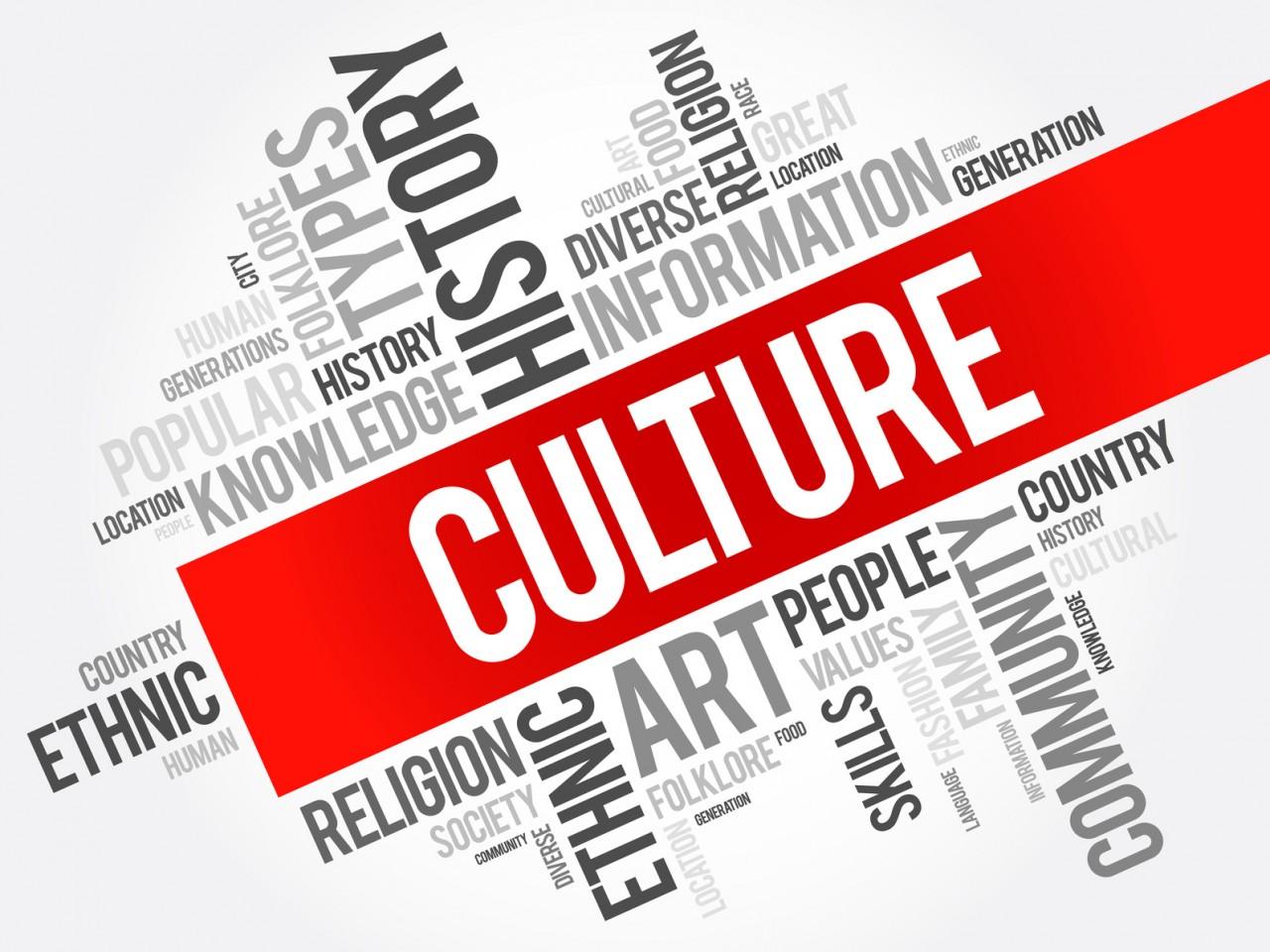Have you read about the backlash Pearson Education received regarding a section about cultural awareness in a recent nursing textbook?
Initially, it started with a Facebook post outlining some crude cultural stereotypes, but the complaints soon grew large enough and loud enough for Pearson Education to take note.
Do you want to sell your products or services internationally?
Global sales are important for businesses looking to expand their client base, increase revenues or attract investment.
'Culturally aware' professionals have a distinct advantage over their peers.
International businesses increasingly cite Cultural Competence as a core requirement during the recruitment process.
Freelance linguists often complain of isolation, monotony and increasing competition within the profession.
Those looking for something new should consider cross-cultural training as it naturally lends itself to the talent of translators and linguists.
The following incident provides a great case study for the influence of cultural differences.
Guillaume Rey, a French waiter, was sacked from his job in a Canadian restaurant for being ‘aggressive, rude and disrespectful’
A common misconception held by many is that cultural awareness is a skill.
You either have or you don't have, or, at the very least, is a skill that can be learned through training.
Did you know the Japanese have over 20 ways to say 'sorry'?
If you plan to do business in Japan, you need to get up to speed with how apologies work in Japanese culture.
As with any people, the Arabs look to the past for their sense of identity.
Arab history is tied to tribalism and the nomadic life of the desert.
Self-awareness is fundamental in raising cultural competence.
If you are unable to understand yourself, it will be very difficult to understand another.
Why do we focus on culture in corporate training? Is it really all that important?
Understanding the role culture plays in our lives is very important.
Doing business in the Middle East?
Then you need to understand the role of honour in the Arab world.
Online training for cross-cultural skills is in high demand. So why are corporate training stakeholders turning to e-learning?
Traditional face-to-face training has become more of a challenge over the past 15 or so years.
Essential to any sort of cultural awareness training are the two key concepts of stereotypes and bias.
As we touched on in an earlier blog, a common trap many of us naturally fall into when we are working in a cross-cultural situation is to let our own cultural lens get in the way.
We all know that a positive customer experience (CX) drives repeat business, increased turnover and higher profits.
Companies who work hard to ensure their customers have a positive experience certainly reap the rewards of their efforts.
Did you know that Indians form the second largest group of immigrants in America, with Mexicans taking the top spot?
Although Indian expats may enter the US with a typically high level of education under their belts and a strong work ethic, they often find cultural differences between the US and India quite a challenge.
To understand Japanese business culture, it's essential that you first appreciate Japanese cultural values.
Why?
Being a good host is a central part of life in the Middle East and it is an underpinning value that everyone in the region shares.
The roots of this can be found in the tribal system whereby treating guests well is traditionally a way of gaining honour.
If you work in Learning and Development, then it’s likely you know about the 70-20-10 Model.
If not, then it can be simply summarised as the work of three academics in the 80s who used extensive research to establish optimal learning conditions.

 +44 0330 027 0207 or +1 (818) 532-6908
+44 0330 027 0207 or +1 (818) 532-6908



















